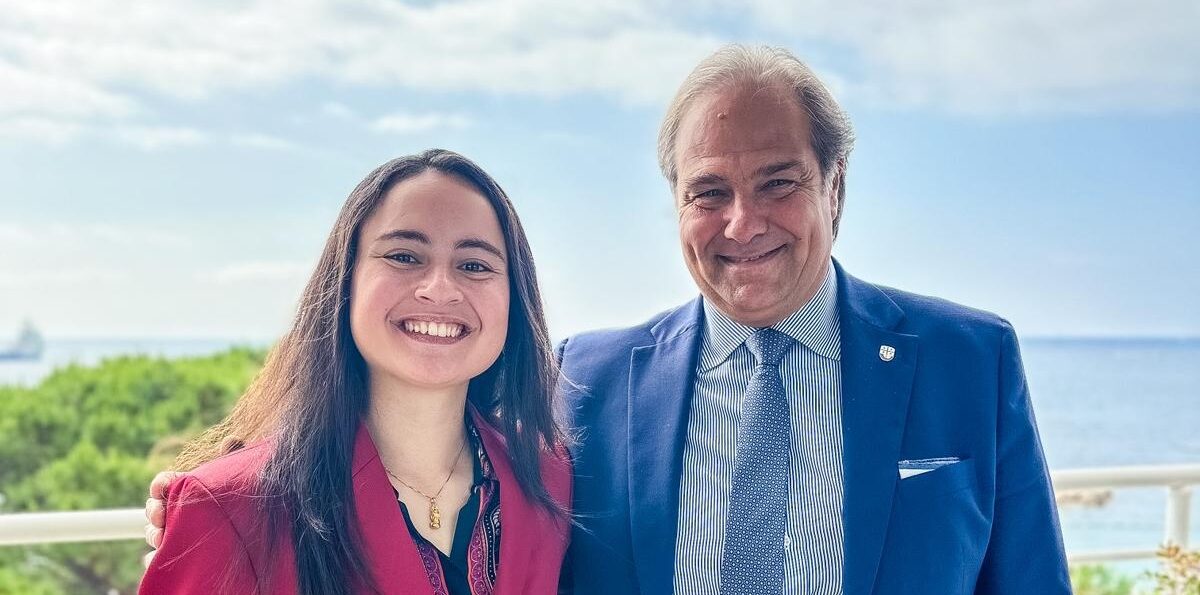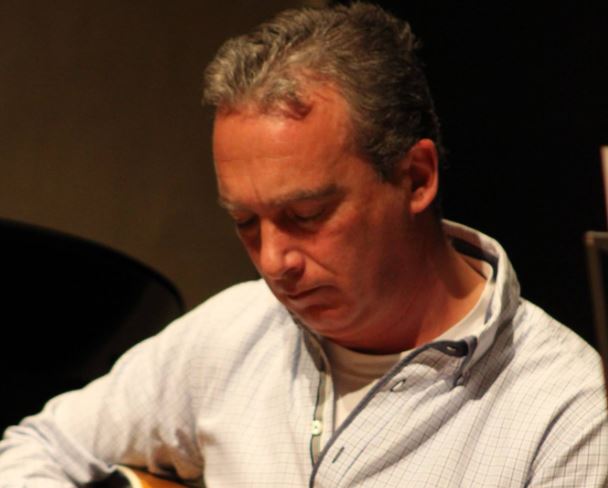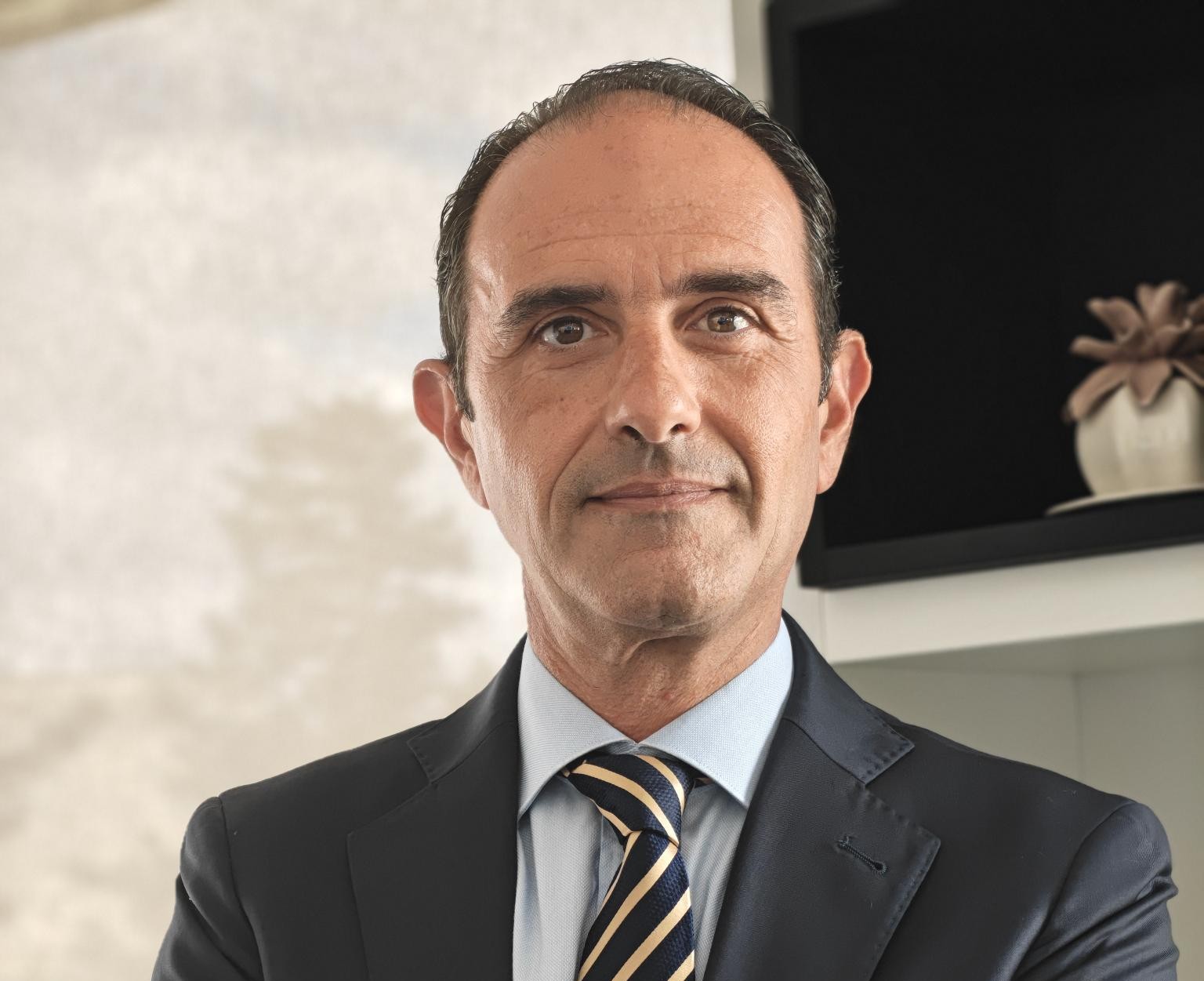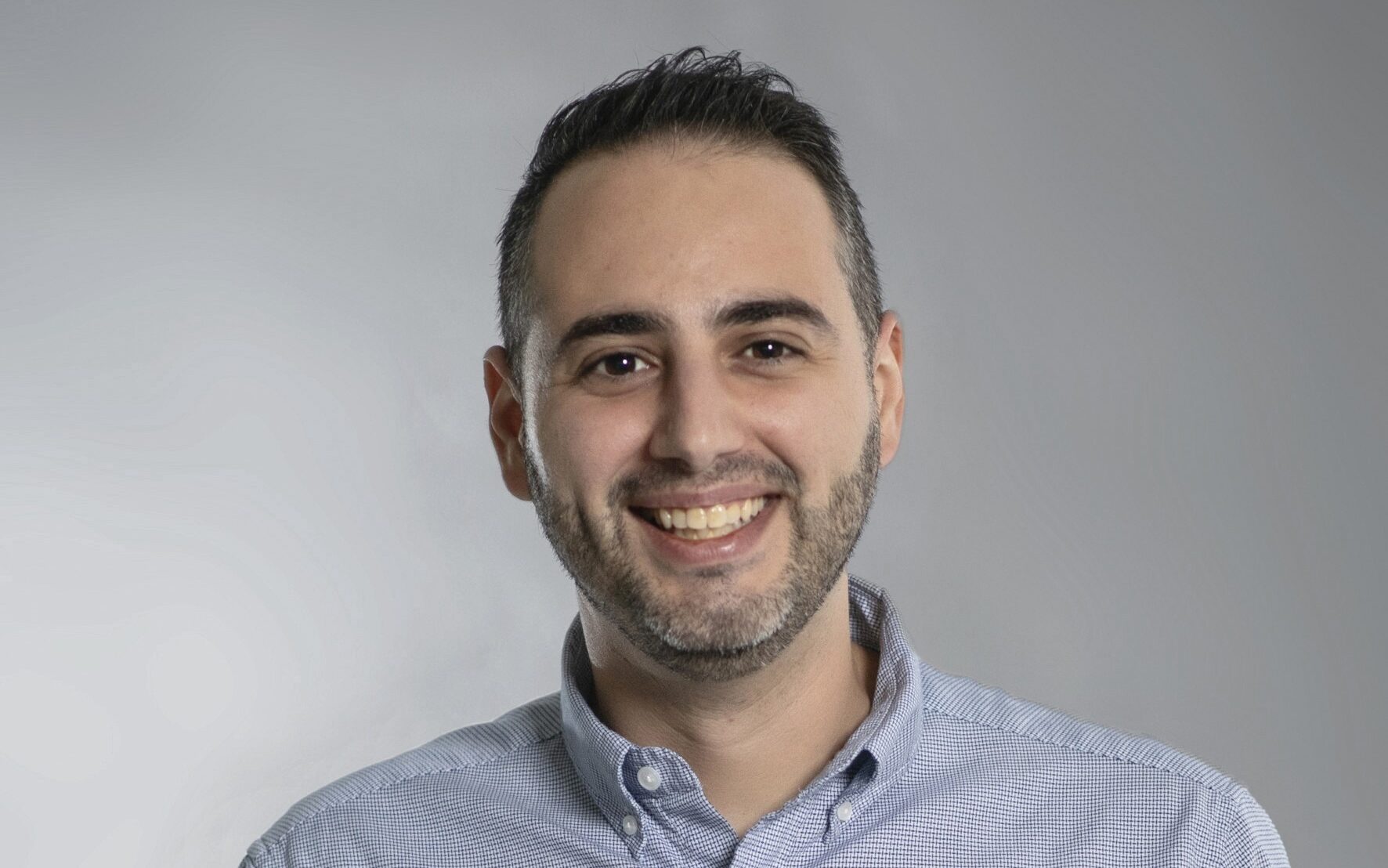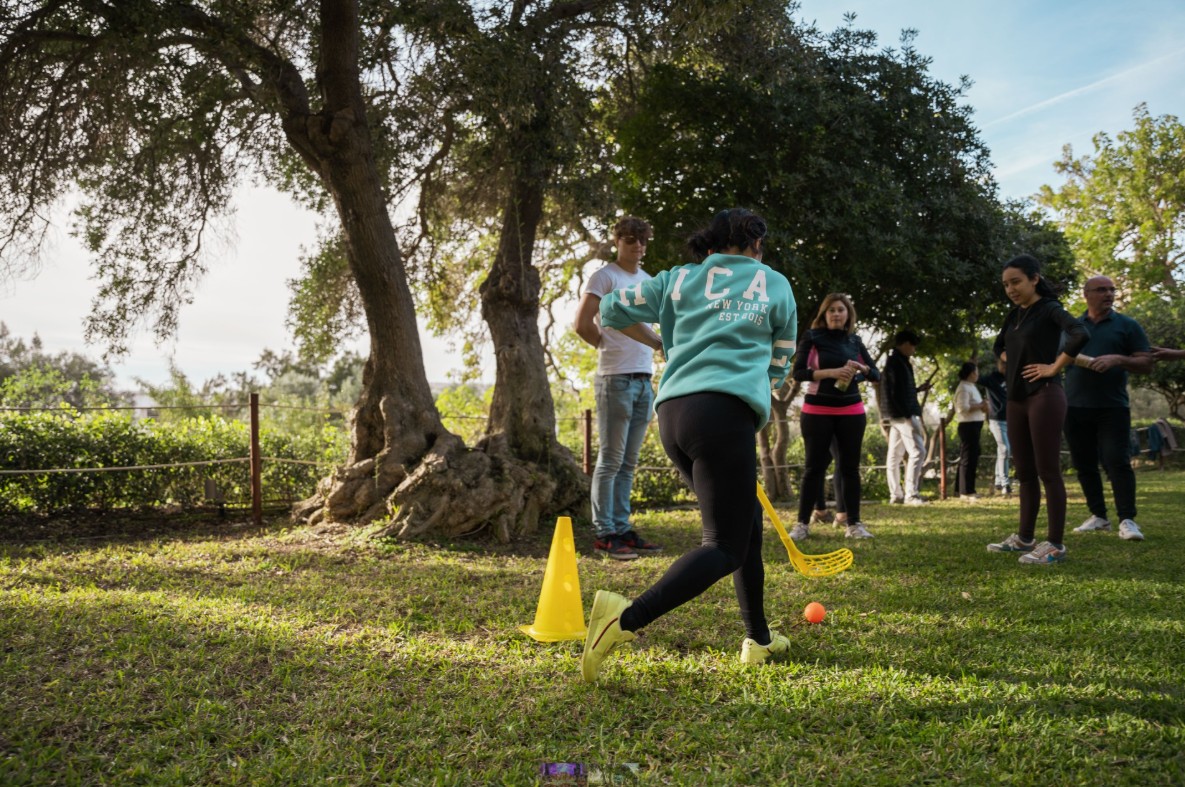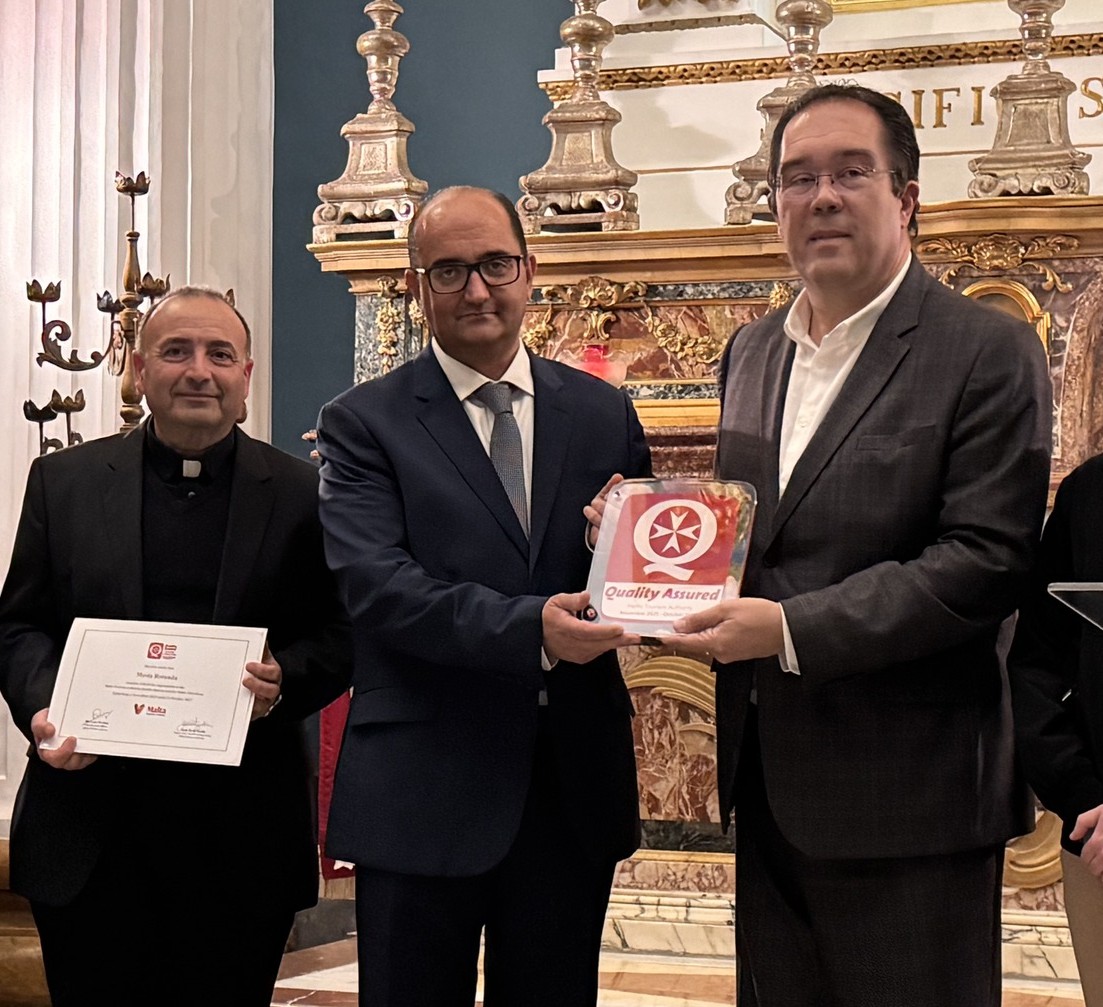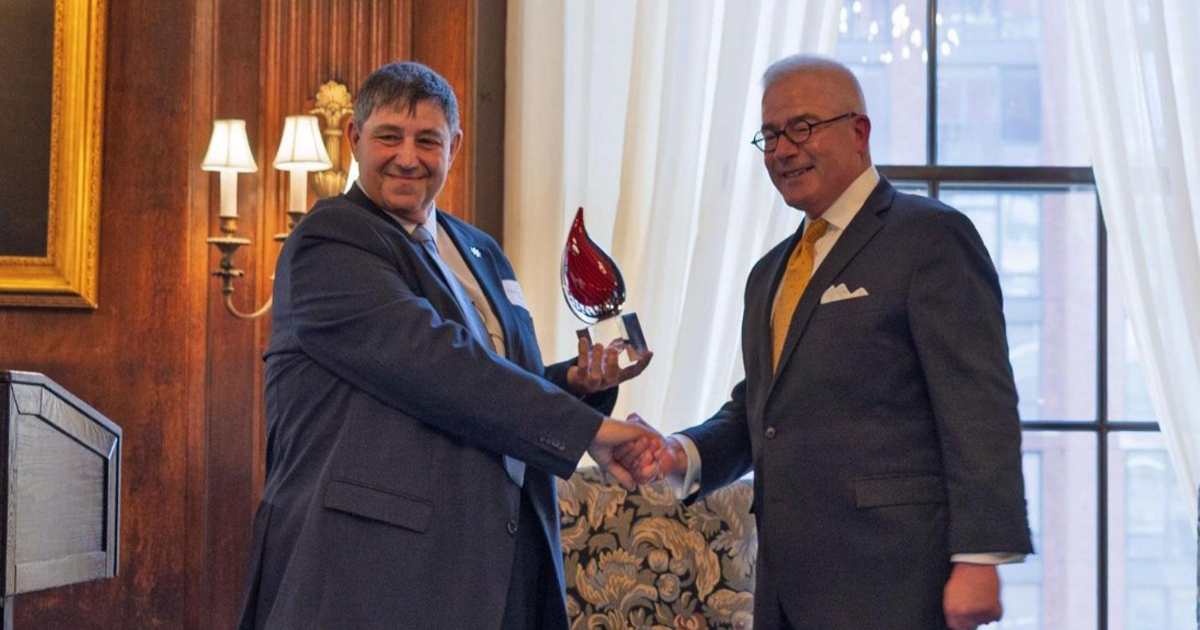The first edition of the Virtual Economy & Sustainable Tourism Forum concluded this week in Monaco, marking a groundbreaking moment at the intersection of digital innovation and global travel. With a forward-looking spirit, the event explored how virtual economies, immersive technologies, and sustainability are converging to shape a brighter, more connected future for tourism and society at large.
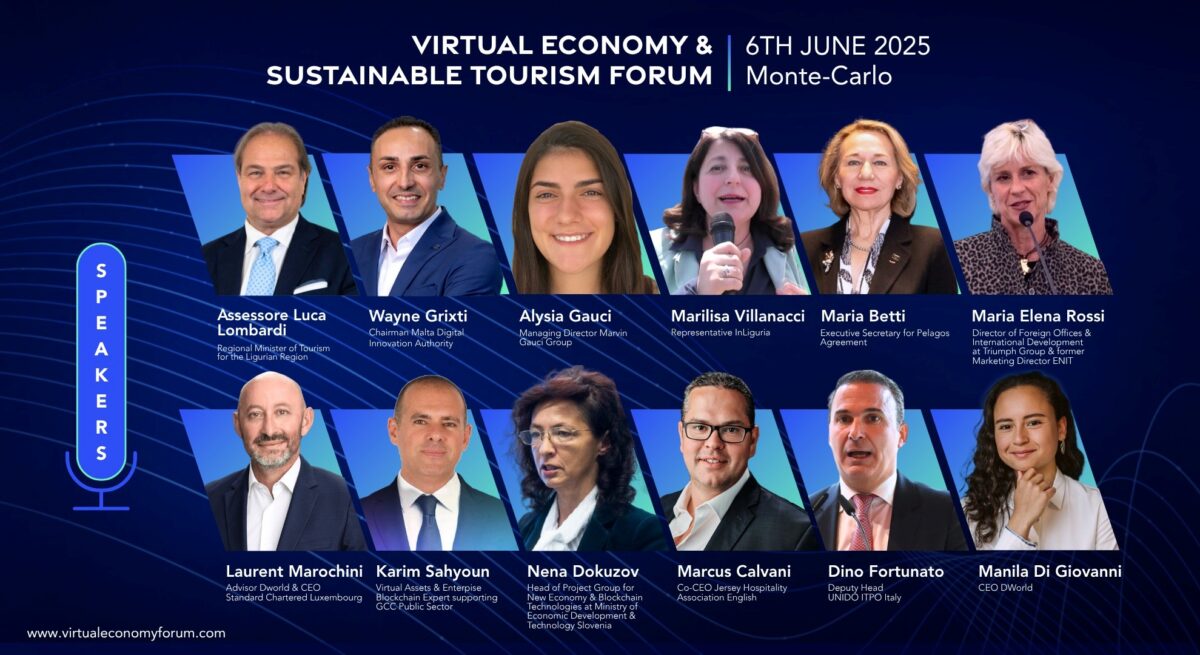
Spearheaded by DWorld, the forum gathered an extraordinary coalition of international leaders, public officials, and trailblazing technologists. Together, they examined how cutting-edge tools like Web3, artificial intelligence, blockchain, and the Metaverse can not only revolutionise tourism but also foster deeper cross-border collaboration and opportunity.
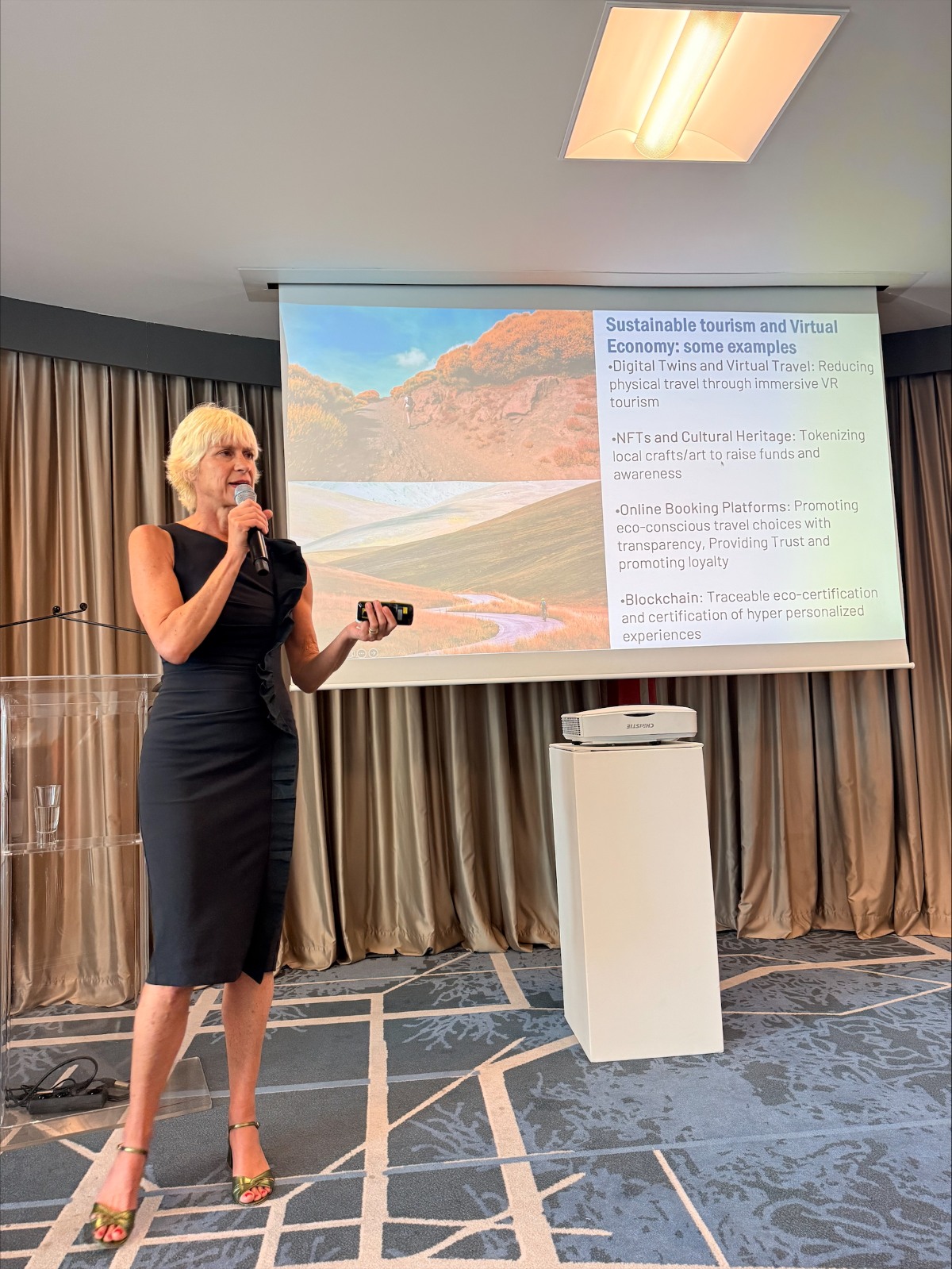
Among the standout voices was DWorld CEO Manila Di Giovanni whose inspiring vision of “virtual nations” – designed to expand access, opportunity, and personal freedom globally – sparked meaningful dialogue across sectors. Maria Betti, Executive Secretary of the Pelagos Agreement, and Maria Elena Rossi, former Marketing Director of ENIT and Director of Foreign Offices and International Developments at Triumph Group, emphasised how virtual tourism can enhance visitor experiences, support local economies, and drive sustainability by integrating immersive technologies, data-driven strategies and inclusive digital innovation into the tourism ecosystem.
Other influential voices included Marcus Calvani, co-CEO of the Jersey Hospitality Association, and Alysia Gauci, Managing Director of Marvin Gauci Group, who shared transformative ideas on hospitality innovation for the islands of Jersey and Malta. Ms Gauci also announced the collaboration between Marvin Gauci Group and DWorld to revolutionise the hospitality industry in Malta and showcased the exclusive NFT collection that will be revealed to the Maltese public by the end of the third quarter of 2025.
Davit Sahakyan, former Deputy Minister of High Tech Industry of Armenia, presented a keynote speech titled “The New Silk Road Is Digital” on the reimagined role of emerging nations in shaping the future of global trade.
Karim Sahyoun, virtual assets and blockchain expert, offered compelling insights on how decentralised systems and AI integration can help usher in a more equitable, human-centered era of economic growth.
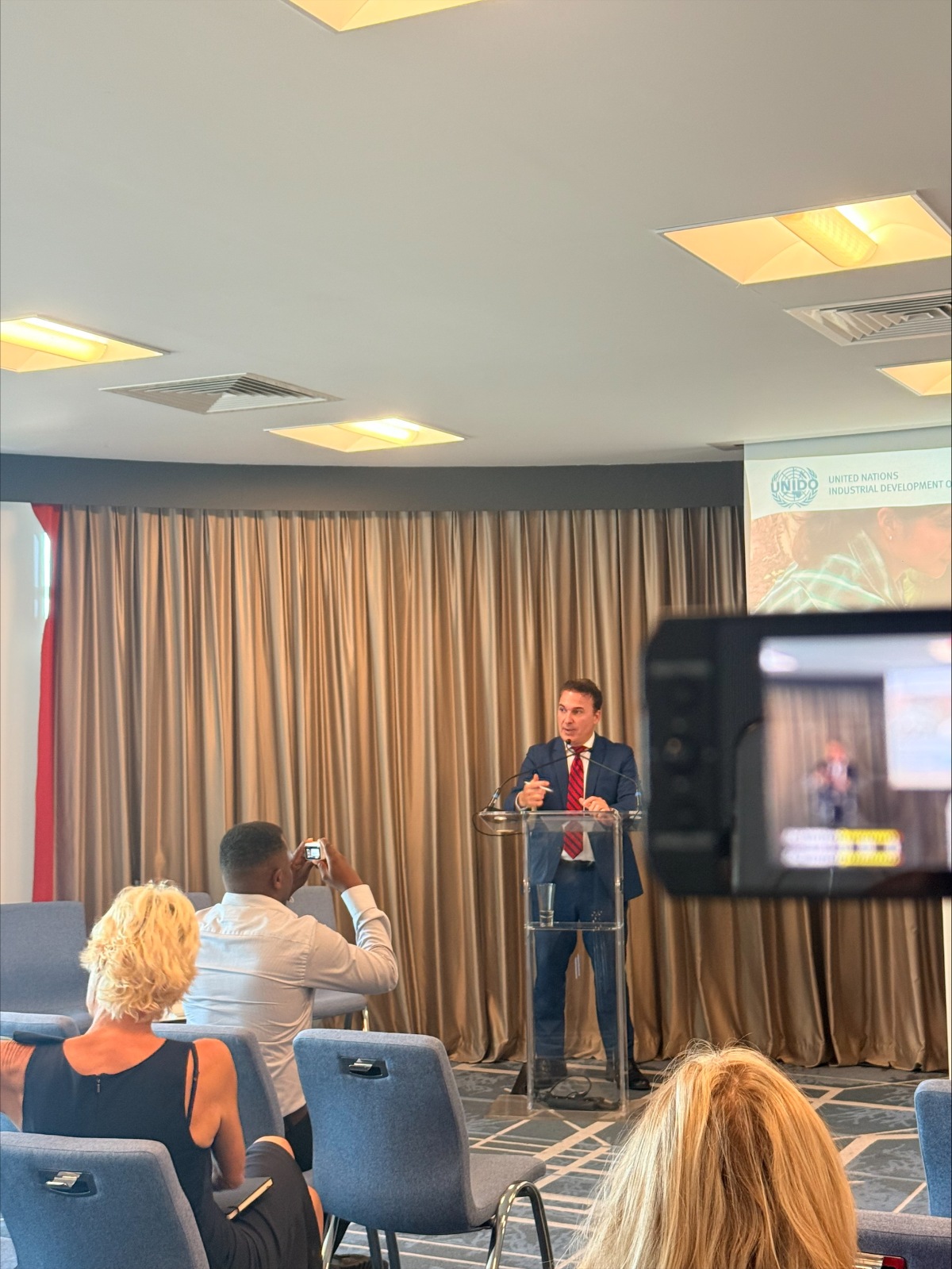
Institutional leaders such as Luca Lombardi (Regional Minister for Tourism of the Ligurian Region), Marilisa Villanacci (InLiguria), Wayne Grixti, Chairman of Malta Digital Innovation Authority and CEO of TechMT, Nena Dokuzov (Head of Project Group for New Economy and Blockchain Technologies at Ministry of Economic Development and Technology Slovenia), and Dino Fortunato (UNIDO ITPO Italy) contributed visionary perspectives on how digital infrastructure and international cooperation can protect cultural heritage, promote innovation, and even empower developing nations to become Smart Nations of the future.
Throughout the event, countries shared transformative strategies – from near-term pilots to long-term national visions. A highlight was Malta’s “Vision 2050”, a pioneering roadmap for integrating digital identity, virtual assets, and responsible innovation to serve both citizens and global visitors in a fully connected ecosystem.
“The conference was a great expression of the fact that advanced digital technologies such as Metaverse, AI, blockchain and others can substantially change the way we communicate, work and get in relations with the world around us. Keeping the humans in the centre adds value to both the deployment of the technologies and quality of life. Convergency of the technologies leads to sustainable development. This is especially important in the sectors which require a lot of human interaction, and tourism is excellent case for it,” said Ms Dokuzov.
“It’s not just a technological challenge, but a real opportunity to enhance our territories, improve the visitor experience, and integrate public and private sectors within a shared vision. Thanks also to Manila Di Giovanni, a young Genoese and founder of DWorld, for reminding us how virtual economies can open up new frontiers in the storytelling of destinations,” Mr Lombardi stated.
The DWorld team recorded every keynote and panel discussion, and a detailed report will be shared with participating governments and institutions. This is just the beginning: the vision is to co-create with world leaders a shared roadmap for inclusive, sustainable, and digitally empowered tourism that leaves a lasting legacy for generations to come. It wasn’t just a forum. Through the exchange of ideas and visions, it sparked the rise of a global movement, igniting the desire for concrete change.
Game Lounge’s Maria De Martino nominated for ‘Best Newcomer of the Year’ at Malta iGaming awards
Dr De Martino has been with the company for 7 years.
Start strong: Why the Phoenicia Malta is the ideal setting for your 2026 kick-off meeting
For CEOs and business leaders planning their 2026 strategy, The Phoenicia Malta is the home of team events that launch ...
Volunteers and staff ‘keep national treasure shining bright,’ says Mosta Rotunda Foundation CEO
The Mosta Rotunda Foundation has been awarded the Quality Assured Seal.
MFSA Chairman honoured in New York with IFNY Free Enterprise Award
The award is one of the international insurance sector’s most respected honours.


